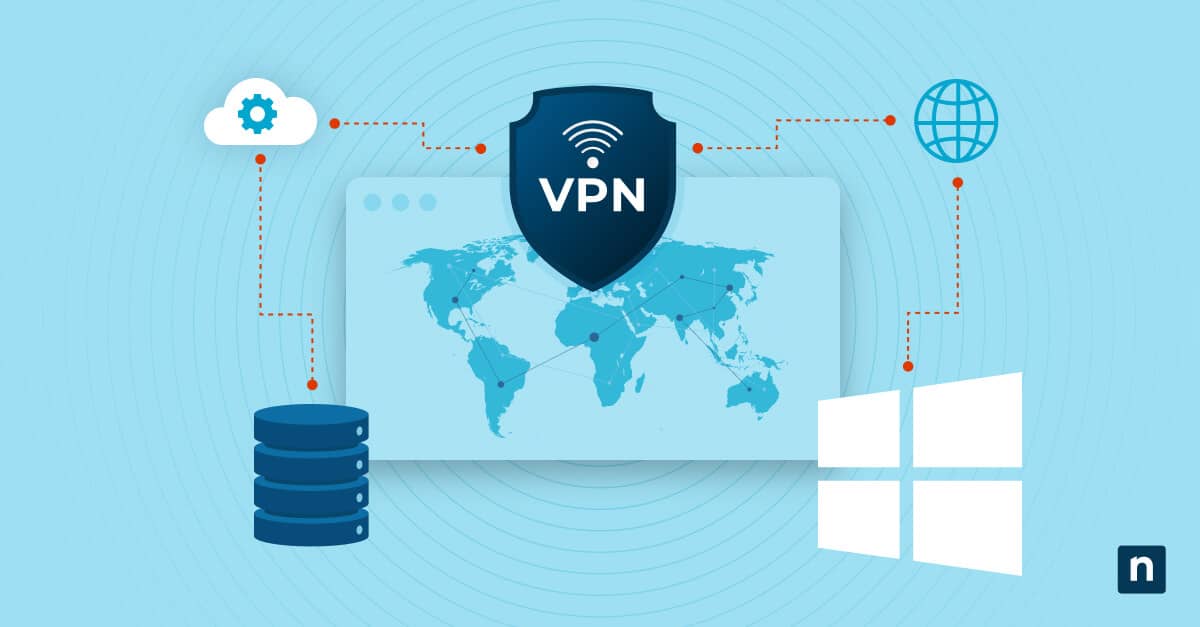As an MSP owner looks to sell their business, they face various challenges in finding the right buyer while setting their business up for the ideal valuation. Before reaching the point of sale, MSP owners should take some time researching who their potential buyer is and the criteria they’re looking for. In most cases, there are three categories of buyers interested in acquiring an MSP, these include:
- A strategic MSP buyer or a larger competitor. This type of buyer usually seeks to cement their position as an industry leader in their region, but their dealmaking might be slower as it is not their primary expertise.
- Private equity or capital funds, this type of buyer typically moves quickly and can be more aggressive in acquisitions.
- The independent entrepreneur or a “search fund.” This type of investor may be the most diverse in terms of their position. In some cases, they are raising capital while looking to close a deal or adding an MSP to complete their business portfolio.
When considering how to value your MSP, we’ve compiled a list of 10 do’s and don’ts to keep in mind when putting your investor cap on.
MSP Valuation Criteria: 10 Things Investors Do and Don’t Want to See
1) They DO want to see a healthy EBITDA margin
EBITDA (earnings before interest, taxes, depreciation, and amortization) or operating profit is essential to getting on any potential investor’s radar. Typically, investors like to see at least $1M in annual EBITDA. We’ve seen other MSP purchasing organizations like MSP Corp and Evergreen look at MSPs with at least $300K or $500K in annual EBITDA, respectively.
EBITDA does have heavy importance in any valuation. Still, there are other key metrics that we’ll cover that can get your MSPs a higher valuation, so don’t get too discouraged or hung up on the $1M in annual EBITDA number.
2) They DO want to see the majority of your revenue be MRR
MRR or monthly recurring revenue is a metric that most MSP operators should already be very familiar with. To score a great valuation with potential investors, they want to see recurring and predictable revenue tied directly to managed service agreements. The less ambiguity here with your payment structure and revenue model, the better!
3) They DON’T want to see more than 10% of your customers churning
Our team recently asked the NinjaRMM LinkedIn following about their experience with selling their MSP and if they stuck around after the sale or left as soon as the deal closed. There’s no right or wrong answer on that topic, but a potential investor wants to make sure that they’re buying a business with healthy contracts and customers that won’t depart as soon as there’s a change in ownership. Retaining around 85% of your current clients and 90% of your revenue year over year is a great data point to display when looking to score a top-notch valuation.
4) They DO want to see steady growth
Investors aren’t looking to get on the rocketship of the next explosive growth startup when acquiring an MSP, but they are looking for steady single-digit growth year over year.
5) They DON’T want to see limiting geographies or verticals
Location, location, location… The age-old adage holds true with potential MSP investors as they are looking to acquire a business in a growing market with multi verticals to service. One thing that can hurt a valuation is a location that limits future expansion or lacks vertical diversification.
Note: Geography is not something that cannot be easily changed, but the verticals an MSP serves can be opened up if the local demand is there.
6) They DON’T want to see the majority of revenue tied to a few customers
Potential investors do not want to acquire an MSP that has “too-many-eggs-in-one-basket” or rely on one or two agreements for the majority of their business revenue. On a recent MSP Live Chat, MSP Corp covered how it prefers when no single customer accounts for more than 25% of an MSP’s revenue; and no five customers account for 50% or more.
7) They DO want to see good documentation
In 2021, many readers might think this is a no-brainer for MSPs, but you’d be surprised. For a life-changing valuation, you want to keep your processes documented as well as all of your vendor contacts and managed service agreements. The more you adopt industry standards in documentation and modern ticketing processes, the better and more trackable your business processes will be.
8) They DON’T want to see unusual tech stacks
Techies love to get into the weeds and build custom solutions for their MSP, but 9 times out of ten, the people buying your business aren’t techies. They’re professional investors. These investors cannot manage 50 or more acquisitions with 50 different stacks filled with custom-built solutions. In short, this means avoiding funky homegrown solutions and trying to standardize when possible to avoid costly vendor sprawl.
Note: The bar is also consistently being raised when it comes to security. MSPs often aren’t expected to have full-blown SOCs. Still, buyers/investors do want to see EDR/MDR and application and access restriction solutions like ThreatLocker and AutoElevate deployed.
9) They DON’T want to see employees shitposting
A more recent trend in MSP M&A is the prevalence of social media, especially employee posts in the valuation process. A potential investor may do a bit of digging into the MSPs social media presence, employee reviews on sites like Glassdoor, and employee posts mentioning the business on sites like Twitter and LinkedIn. This sort of social media vetting gives a potential investor color to what the owner might claim their company culture is.
Bottom line, past and current employees’ repeated negative posts and reviews may signify a mass exodus upon sale or serious issues with the company culture and can impact an MSPs valuation.
10) They DO want to see owners who are likable and easy to work with
People like to do business with others that they want and also trust. This is definitely an intangible but common courtesy, and open communication with a potential investor can go a long way! Anyway, wouldn’t you like to work with a likable and genuine investor?
Plan ahead when looking to boost your valuation
Time is the most precious resource you have when aiming for a higher valuation for your MSP business. Remember that many of these tips for scoring a higher valuation will also make your business operate better, diversify your customer base, and even increase your profitability in the short term. So think of the chase for a higher valuation as a business building exercise and it will make implementation more justifiable today.
Don’t miss our next MSP Live Chat
Recapping our Live Chats is fun, but they’re even better live. Find out when we’re hosting our next one, and be part of the conversation with your peers.








